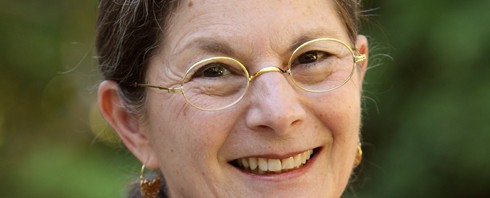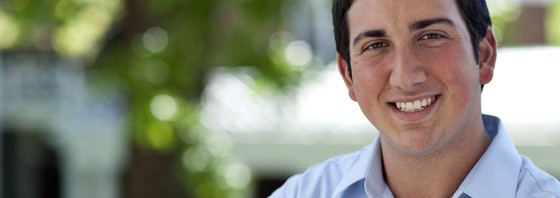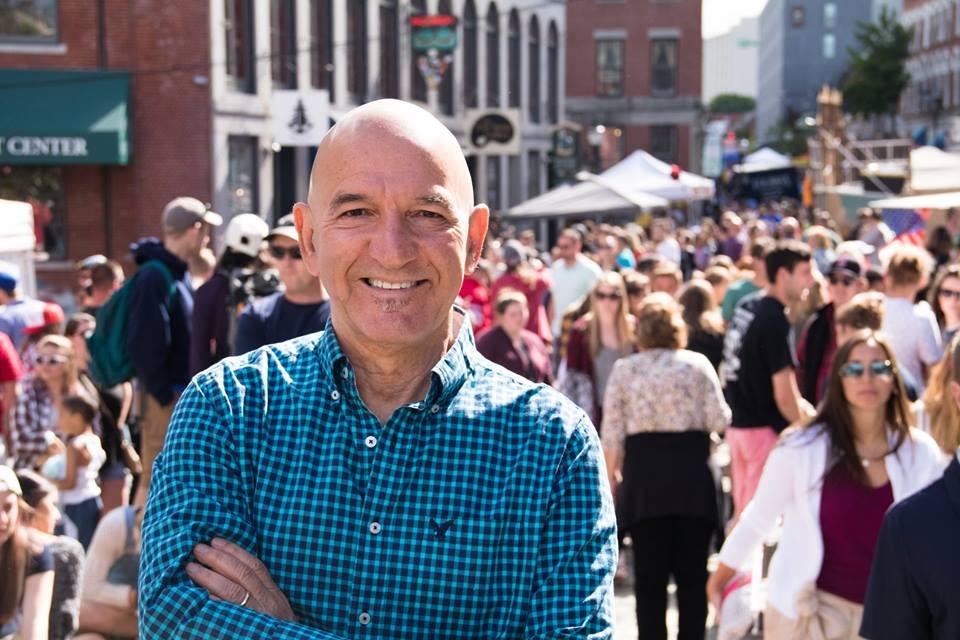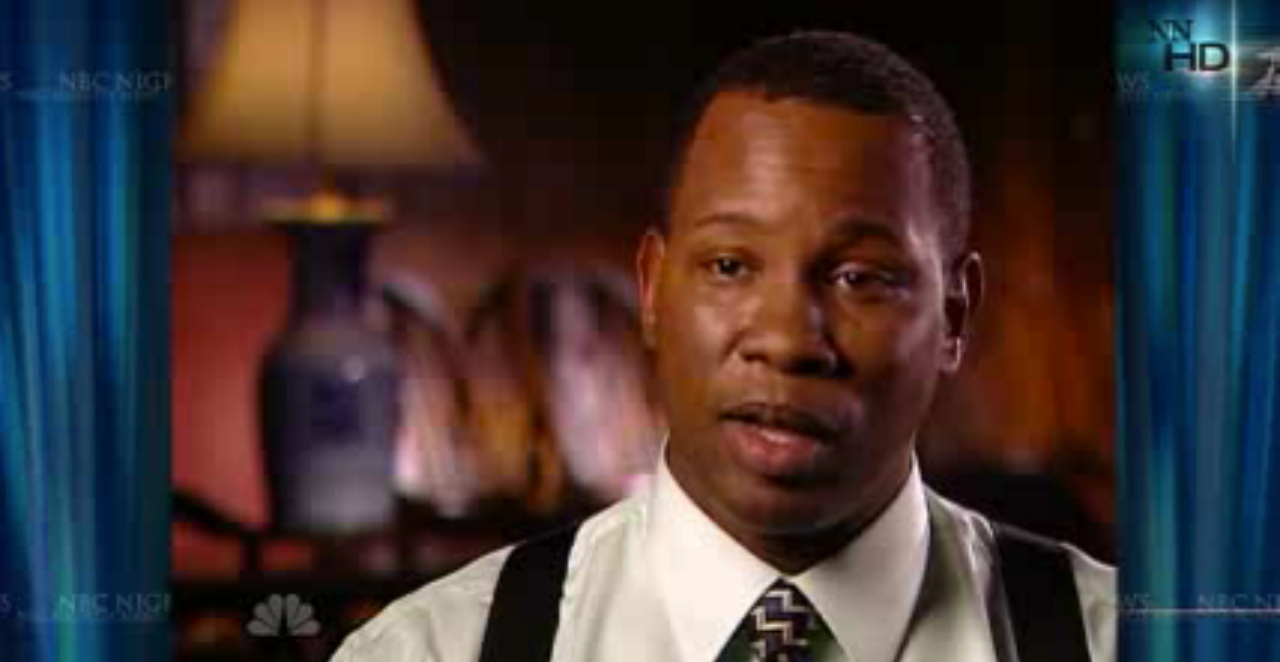 LONDON | Jon Preddy, a remarkable young teenager from London, decided to climb Mt. Kilimanjaro—the highest mountain in Africa—as a way to raise awareness and funds for Seeds of Peace.
LONDON | Jon Preddy, a remarkable young teenager from London, decided to climb Mt. Kilimanjaro—the highest mountain in Africa—as a way to raise awareness and funds for Seeds of Peace.
“When I told my peers that I was thinking about hiking Mt. Kilimanjaro for Seeds of Peace, they were very excited and amazed,” Jon said. “I just thought it would be good if I could help support one kid from a conflict area to go to Camp. My goal was to raise at least one dollar per meter to the summit.”
With the support of his friends and family, the 15-year-old from London surmounted even his own lofty goals: he not only reached the 5,890-meter summit (19,324 feet), but also raised over $10,000 for Seeds of Peace.
The majority of his support came online via a personalized fundraising page he created on FirstGiving.com. On the site, supporters sent him messages that, according to Jon, kept him “motivated all the way.”
Looking back, Jon says, “Not only do fundraisers help support the charity and the Camp, but they also help spread knowledge about Seeds of Peace. In some ways, I think this was more important than the actual amount raised in my fundraiser.”
In the past, others have raised money for Seeds of Peace via marathons, bar/bat mitzvahs, weddings, and other events, but Jon is the first to climb a mountain for peace.
Jon first got involved through the Seeds of Peace Club at the American School of London. After just a few meetings, Seeds’ vision made an indelible impact on him.
“ ‘Treaties are negotiated by governments; Peace is made by people.’ That quote says it all for me, because it is so true. It’s important for young people to get involved in peacemaking, because we will be the next generation that will take on the world’s conflicts. If there are more people that have been touched by the spirit and message of Seeds of Peace then conflicts will be easier to overcome.”
While preparing to climb the tallest mountain in Africa, Jon drew inspiration from an unexpected source.
“While I was there, I learned that the country that Mt. Kilimanjaro resides in, Tanzania, consists of over 120 tribes, who co-exist peacefully. I just thought it was a great example of the possibility of peace.”







